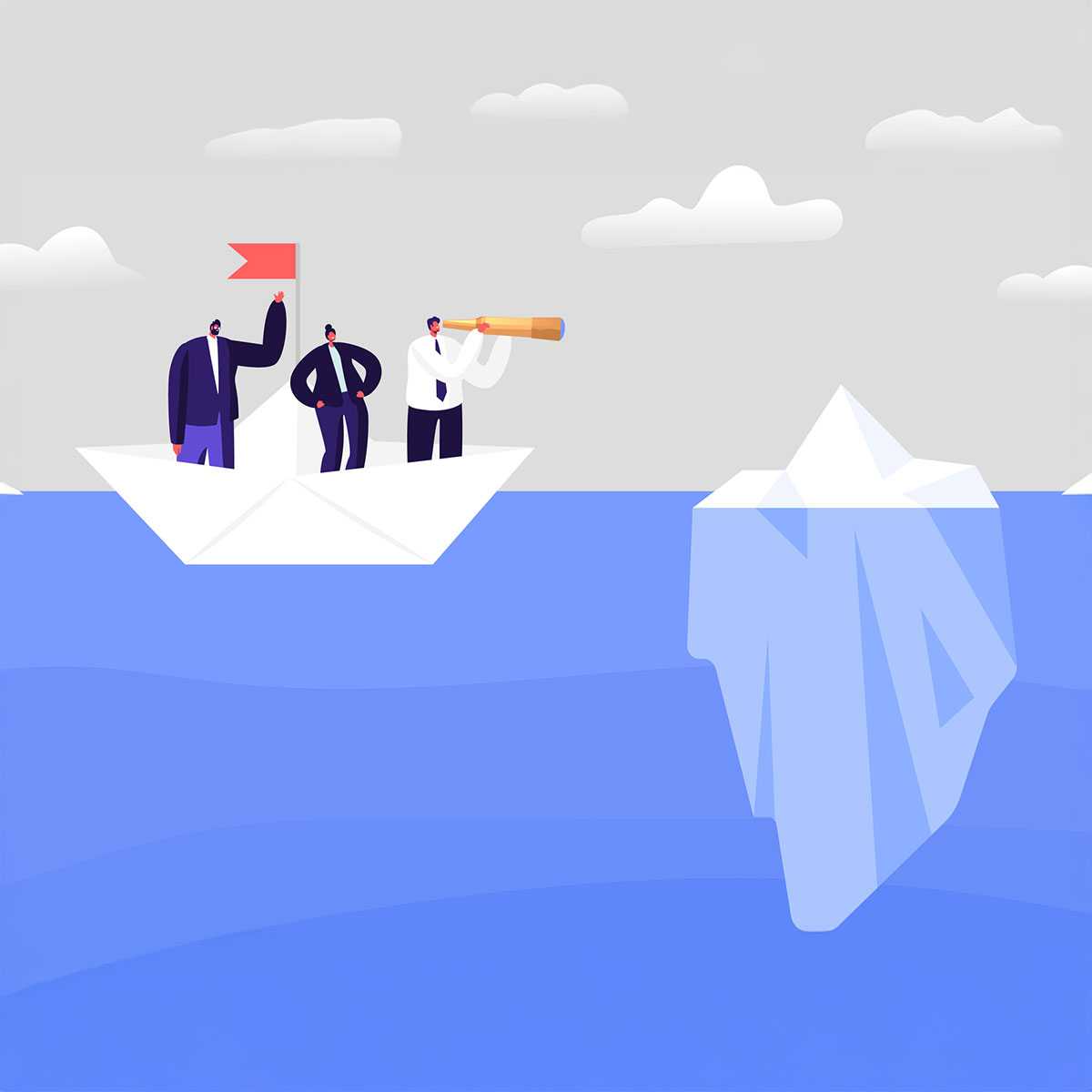
Having a Crisis Plan Is Not Enough: 5 Practical Ways Strategic Foresight Enhances Crisis Preparedness
March 20, 2025
As we navigate the complexities of today’s business environment, it’s increasingly clear that merely having a crisis management plan and risk register is no longer adequate. High-profile failures—such as the recent U.S. policy disruptions, Sudan’s escalating conflict, the Russia-Ukraine war, the global response to the COVID-19 pandemic, and the ongoing semiconductor chip shortage—serve as stark reminders of the importance of infusing foresight into strategic planning processes to build resilience and adapt to emerging uncertainties.
Recent social policy changes and trade and economic policies under the new U.S. administration have emphasized the critical need for foresight. Abrupt shifts in trade policies, extensive tariffs and sudden reversals of social initiatives created uncertainty, highlighting the value of anticipatory analysis and diverse stakeholder engagement to mitigate negative outcomes.
Sudan’s escalating conflict underscores how strategic foresight could have enabled earlier intervention and preparedness. Organizations aware of regional tensions could have proactively prepared humanitarian, logistical and operational contingencies, significantly reducing human suffering and organizational disruption.
Similarly, the ongoing Russia-Ukraine war illustrates the urgent need for robust scenario planning. Businesses and governments that anticipated disruptions to energy supplies, supply chains and cybersecurity could have significantly reduced the conflict’s economic and operational impacts.
The COVID-19 pandemic demonstrated that, despite existing crisis plans, many governments and public health organizations were unprepared for the scale of the pandemic and failed to anticipate critical logistical needs for testing and vaccination. In contrast, utilizing foresight effectively would enable organizations to mitigate the impact of logistical issues.
Additionally, the ongoing semiconductor chip shortage highlights the importance of foresight. Companies that did not foresee the cascading impacts of the pandemic, remote work surges and increasing electronics demand faced significant operational challenges. By embracing foresight, organizations could better navigate these complexities.
Foresight goes beyond mere prediction; it actively shapes the future by recognizing potential developments in volatile, uncertain, complex and ambiguous (VUCA) environments. Dr. Sohail Inayatullah emphasizes the need for a “critical and reflexive approach,” encouraging organizations to engage with diverse perspectives, enhancing resilience and adaptability.
Effective foresight empowers organizations to identify trends, risks and uncertainties impacting operations, enabling proactive communication and decision-making. Unlike predictive forecasting, which relies heavily on historical data and established patterns, foresight encourages organizations to consider multiple, divergent futures that facilitate adaptability. As cultural critic and futurist Ziauddin Sardar says, “the future is a multi-faceted space that is open and unpredictable.”
To fully benefit from foresight, organizations should work together across different fields. Companies can develop a well-rounded understanding of potential challenges by bringing in experts from areas like technology, sociology, economics and environmental science. Dr. Wendy Schultz emphasizes that futures thinking should focus on engaging people to shape their futures, not just predicting them. Such collaboration helps organizations understand crises better and find new solutions that they might miss if they work in silos.
It’s also important to consider the ethical side of foresight. Being open and accountable in strategic planning helps build trust among stakeholders. This approach strengthens an organization’s ability to handle crises responsibly. In our unpredictable world, weaving foresight into the fabric of organizational strategy has shifted from being a strategic advantage to a fundamental necessity for survival and growth.
Incorporating foresight into crisis management is no longer a choice; it has become essential for organizations aiming to thrive in an increasingly complex landscape. By merging strategic foresight with conventional crisis management frameworks, organizations can mitigate risks more effectively and capitalize on opportunities that arise from uncertainty. The lessons from these high-profile failures underscore that neglecting foresight can carry immense costs. However, those adopting a proactive stance are better prepared to navigate crises with resilience and agility—ready for whatever the future holds.